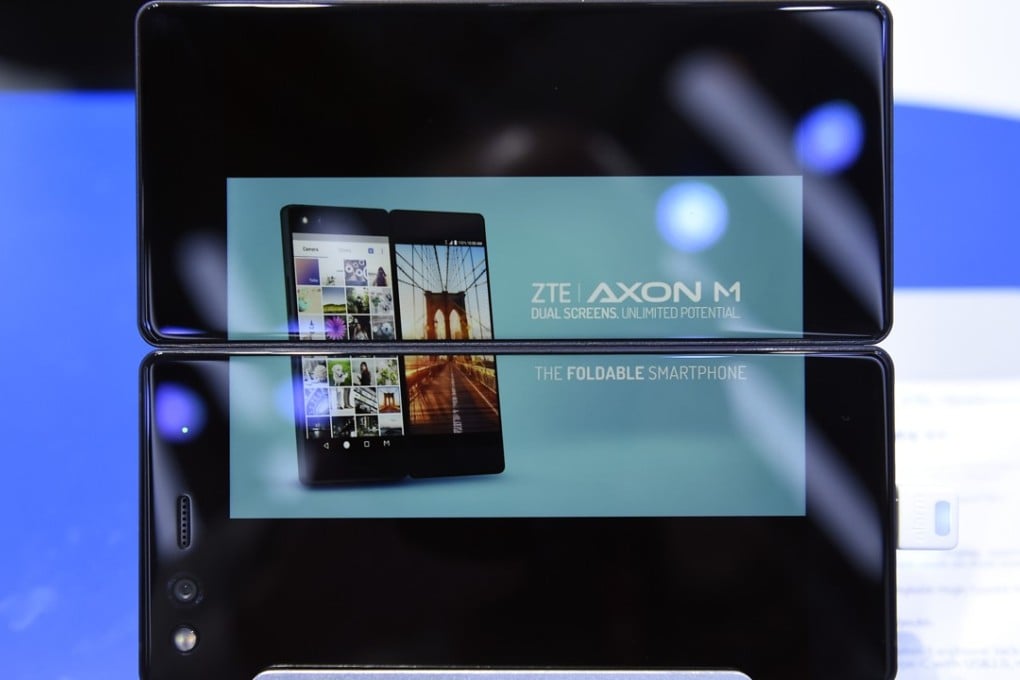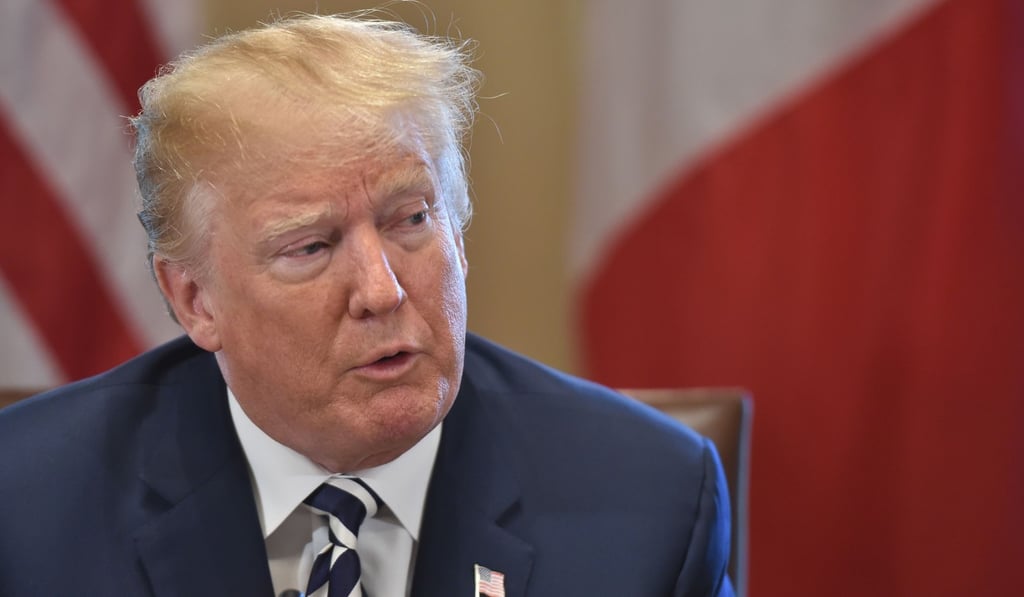Sino File | US tech ban on ZTE has exposed China’s Achilles’ heel
China’s reliance on key technologies from the West shows it still needs the developed economies much more than they need China

Even more importantly, it will have wider repercussions on the overall development of China itself. Inevitably, it will hinder the country’s ambition to narrow the technology gap with the developed West.
Under its “Made in China 2025” programme, Beijing envisages becoming a global leader in artificial intelligence, robotics and telecommunications – including a plan to build the world’s largest 5G network.

This is why the US action has triggered such a widespread patriotic reaction in China, underscoring the growing tension between the world’s two biggest economies.
Most important of all is what China can learn from this. The development represents the country’s worst corporate failure in recent memory as it highlights flaws in Chinese corporate management and the entrepreneur culture in state-led capitalism.
